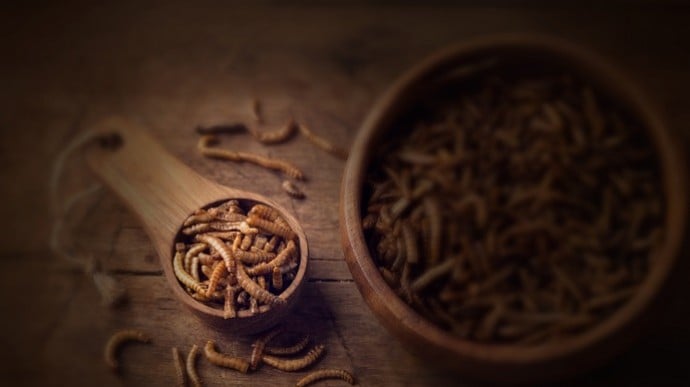Professor Anita Michel and Dr Jennie Hewlett, University of Pretoria (UP) researchers in the Faculty of Veterinary Science, have announced the start of vaccine trials for tuberculosis (TB) in African buffalo.
Bovine tuberculosis is an extremely slow but steadily progressing disease that poses a serious health threat to cattle, wildlife and people, especially in developing countries. Without active surveillance, bovine TB typically goes unnoticed for years until it has escalated to a point where one or more animals present with severe disease. At this stage, the spread of TB within and between animal populations is virtually unstoppable, and culling infected animals becomes the only solution. This is unfeasible in wildlife populations.
“The urgent need for alternative control strategies, which are able to reduce and ideally cease disease spread, sparked plans for an important TB vaccination trial among African buffalo,” says Dr Hewlett, who is a lecturer in the Department of Paraclinical Sciences.
“The protective effects of two different anti-TB vaccines will be systematically studied in buffalo under controlled conditions for nine to 12 months in the state veterinary quarantine bomas at Skukuza,” explains Prof Michel of the Department of Veterinary Tropical Diseases.
Prof Michel and Dr Hewlett have received overwhelming support from a team of local wildlife, veterinary and state veterinary professionals who ensured a safe and efficient operation, from capture and testing to translocating the buffalo.
“For the study, Phinda Private Game Reserve and the Manyoni Private Game Reserve in KwaZulu-Natal donated 26 buffalo,” says Prof Michel. “The level of stakeholder involvement is indicative of the disease challenge at hand.”
“It is crucial to remember that bovine TB is a zoonotic disease, and can be spread from animals to humans,” adds Dr Hewlett. “According to the World Health Organisation’s Global Tuberculosis Programme, 147 000 new cases of zoonotic tuberculosis occurred in 2016 worldwide, with some 12 500 people dying of the disease. In South Africa, the burden of zoonotic TB is not known because the required diagnostic methods are not applied in medical TB laboratories. It will be impossible to successfully eradicate TB among humans without tackling zoonotic TB.”
Professor Anita Michel and Dr Jennie Hewlett
November 26, 2020

 Story
Story
Cricket à la king? How about a yellow mealworm burger? Foods that may previously have evoked a ‘yuck’ response are now firmly on the menu. Research into edible insects by the Department of Zoology and Entomology at the University of Pretoria (UP) is exploring how to rear and harvest this food of the future.
 Story
Story
A single query to ChatGPT uses as much electricity as burning a light bulb for about 20 minutes. Multiply that by the millions of requests that this artificial intelligence (AI) chatbot receives each day, and the environmental impact is ominous.
 Story
Story
University of Pretoria (UP) researchers have found that the antioxidant content of certain types of tea can be likened to that found in recommended portions of fruit and vegetables.
Copyright © University of Pretoria 2025. All rights reserved.
Get Social With Us
Download the UP Mobile App